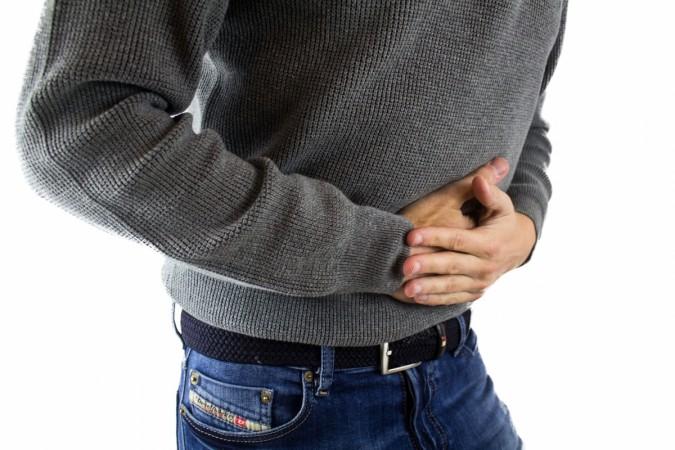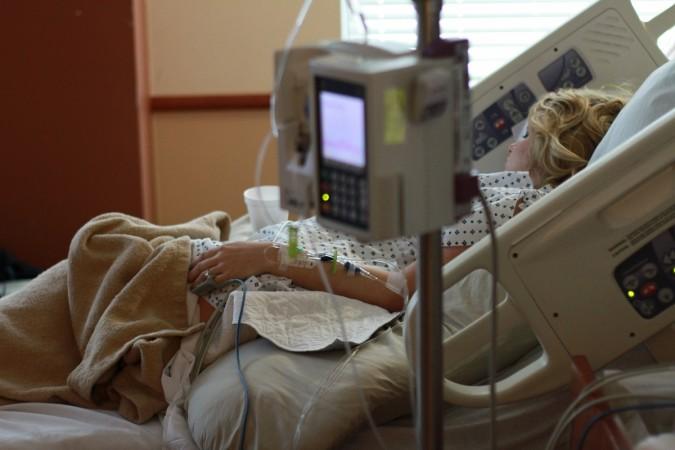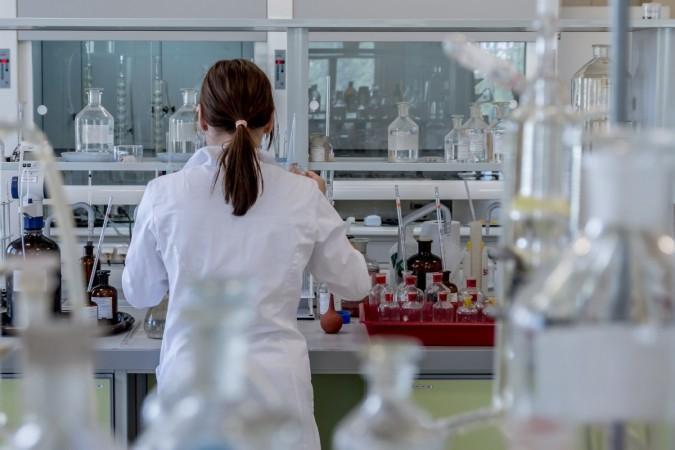
If you thought pouring hot coffee into one's rectum to cleanse their colon was bizarre, this new trend is sure to blow your mind.
Fecal microorganism transplants, more commonly known as FMT or "poo transplant", is a procedure that transfers bacteria from the stool of a healthy patient to the guts of a sick recipient, with the hopes that it would help restore their gut's balance so it can fight against infections like C difficile or even Crohn's disease.
C difficile, short for Clostridium difficile, is an extremely painful bowel infection that often resists antibiotics treatment. Somehow fecal transplants have proven to be unexpectedly effective in treating it.
Daily Mail Online reported the story of Kerryn Barnett, a Sydney-based mother-of-three who was suggested the procedure post her gastroparesis diagnosis. Her rare illness paralyzed her stomach so it couldn't absorb any nutrients, and the infection had also moved to her bowel.
All it took was half a kilo of healthy donor fecal matter transferred to her bowel, followed by 10 days of enema treatments, for Kerryn's life to change remarkably for the better. And as bizarre as the idea sounds, the 38-year-old told Daily Mail Australia: "You get to the point of being willing to try just about anything in the hope you can be here for longer."
But how safe is this willingness to "try just about anything" when it comes to the procedure?

Daily Mail reported that people's inclination for trying anything that could give them relief from painful, incurable health problems is what's leading them to prematurely try out "poo transplants" at home now; and experts believe that they don't fully understand the risks of what they're trying.
Roughly 4,260 videos concerning "fecal transplant" have been uploaded all over YouTube and a lot of them come with a how-to guide. Rob Knight, professor of pediatrics, computer science and engineering at the University of California San Diego, told the Guardian: "It is regrettably something that is increasing in frequency."
And this is a cause for concern because what people don't understand is how certain diseases can also get transmitted with the bacteria. "Given that we know that these are things that in mice, at least, can be transmitted by the microbiome, it is not a cause for panic yet, but it is certainly a cause for concern that the same might be true in humans," Knight said.
"[Very recently] we were able to show that you can transmit aspects of the disease from humans into mice by transmitting the microbiome."

Back in 2015, a woman had undergone FMT for C difficile infection, and the bacteria donor was her daughter. Later on, the mother began gaining weight – a sudden problem that she had never faced before, Daily Mail reported.
Weight gain was an issue the daughter suffered from – something that led doctors to believe that it had been transmitted to the mother via the bacteria transplant.
In addition to that, before the procedure screening of the bacteria is done at a hospital – a step that you cannot ensure while doing it at home all by yourself. However, even the hospital screening doesn't guarantee absolute safety.
While Knight does believe that the C diff evidence "is good", he also stressed that "...research is needed. A lot of folks will try anything, although there's not much data to say it'll work."





![BJP fields Tashi Gyalson for Ladakh; drops sitting MP [details]](https://data1.ibtimes.co.in/en/full/797185/bjp-fields-tashi-gyalson-ladakh-drops-sitting-mp-details.jpg?w=220&h=138)








